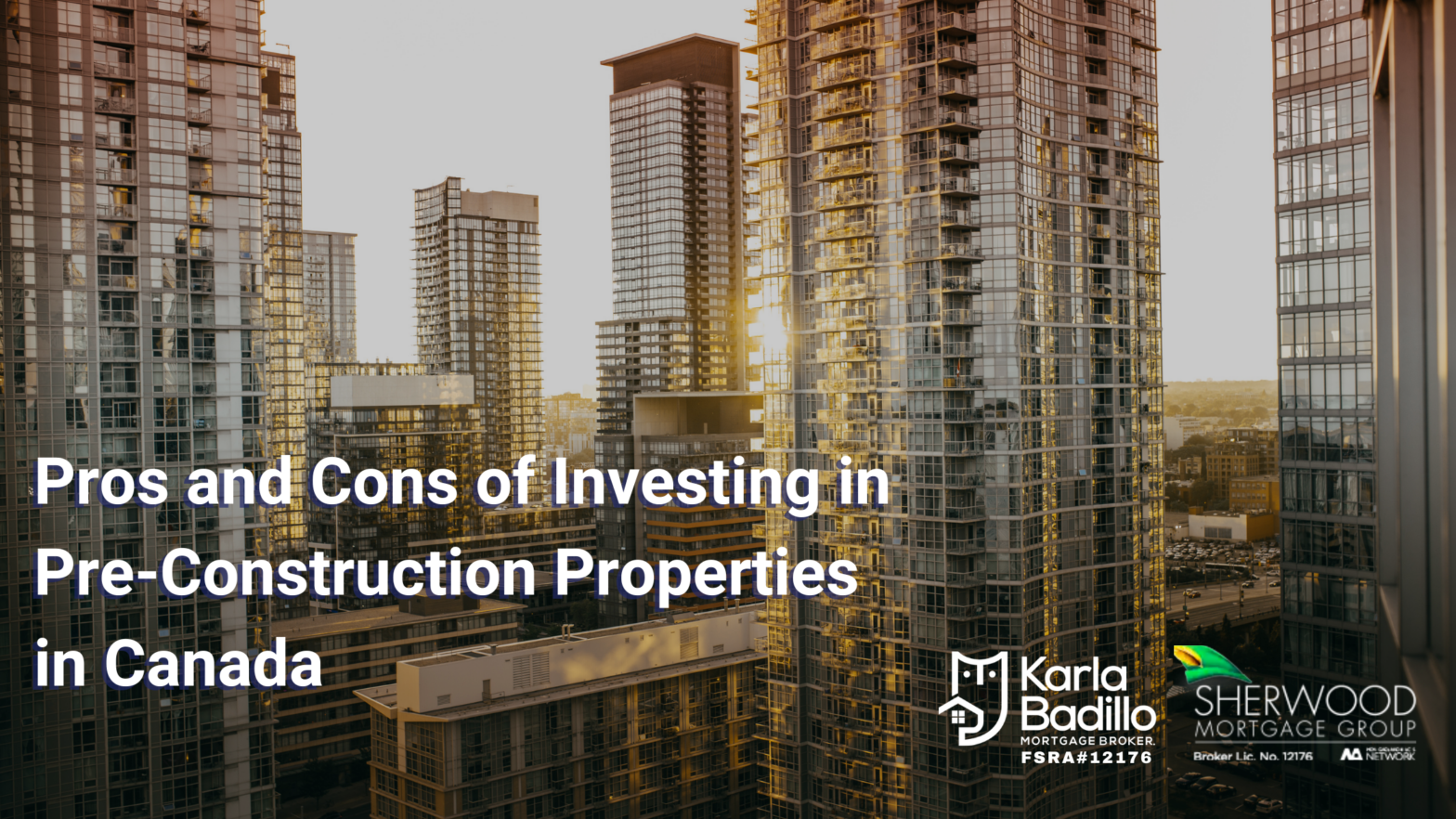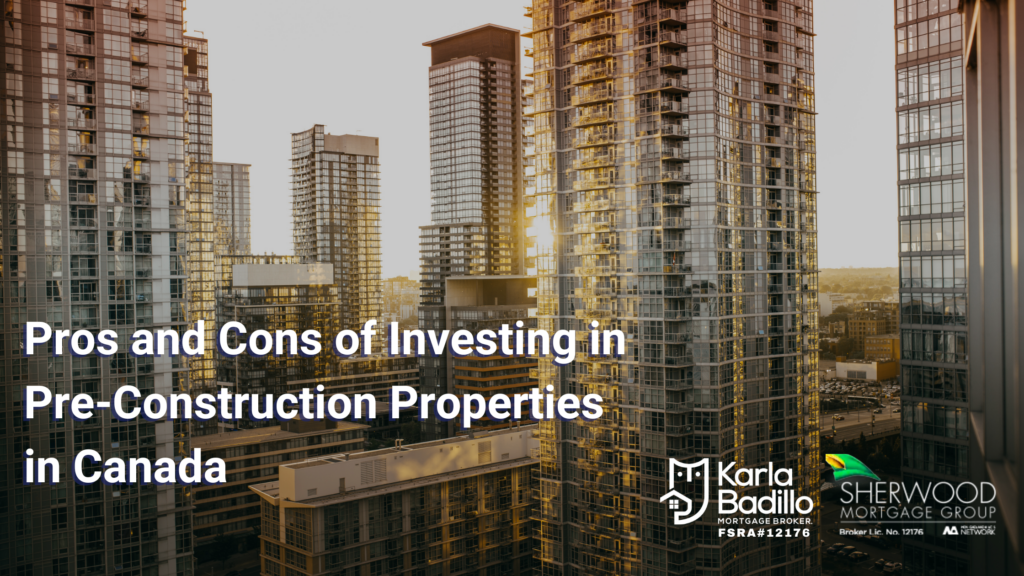
Investing in pre-construction properties can be a lucrative opportunity for those looking to grow their real estate portfolio in Canada. However, it’s essential to weigh the benefits against the potential drawbacks. Here’s a look at the key pros and cons of investing in pre-construction properties.
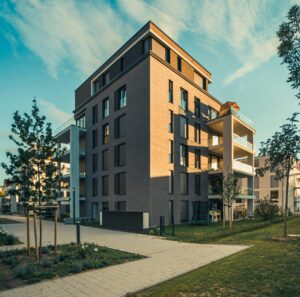
Pros of Investing in Pre-Construction Properties
Appreciation Potential: Pre-construction properties often appreciate in value by the time they are completed, providing investors with a profitable return on their investment.
Flexible Payment Plans: Developers often offer staggered payment plans, which can ease the financial burden by allowing investors to spread payments over the construction period. For example, instead of needing the full 20% down payment upfront, this amount is typically spaced out over time.
No Immediate Mortgage Payments: Unlike resale properties, where you need to start mortgage payments immediately, with pre-construction, you don’t need a mortgage until the building is complete. This allows investors to keep their debt low and potentially invest in other opportunities during the construction period.
Opportunity for Assignment Sales: One strategy investors use is to sell their contract before the building is completed, known as an assignment sale. This allows them to benefit from several years of appreciation without ever having to take out a mortgage or pay closing costs.
Potential for High Profits: Early investors can benefit from lower initial prices. As the project progresses, the value of the property often increases, leading to significant potential profits. However, it’s important to remember that this is typically a long-term investment strategy, not a quick flip.
Cons of Investing in Pre-Construction Properties

- Market Uncertainty: While there is potential for appreciation, there is also the risk that market conditions could change, leaving the property valued lower than expected upon completion.
- Higher Interest Rates: Investment properties generally come with higher interest rates compared to primary residences, which can reduce overall profitability.
- Construction Delays: Delays are common in pre-construction projects, which can push back the timeline for when the property can be rented or sold, affecting cash flow.
- Higher Closing Costs: Pre-construction properties often have higher closing costs, including development charges and other fees, which can eat into potential profits.
- Delayed Income: Unlike ready-to-rent properties, pre-construction investments do not generate income until the project is completed, requiring investors to wait before seeing returns.
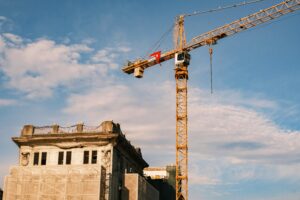
Investing in pre-construction properties in Canada offers exciting opportunities for appreciation and customization. However, it’s important to consider the potential risks, such as higher interest rates, construction delays, and market fluctuations. Carefully evaluating these factors will help you determine if pre-construction investment aligns with your financial goals.
For more insights and personalized advice on real estate investments, feel free to reach out.
Karla Badillo – Sherwood Mortgage Group Brokerage 12176
